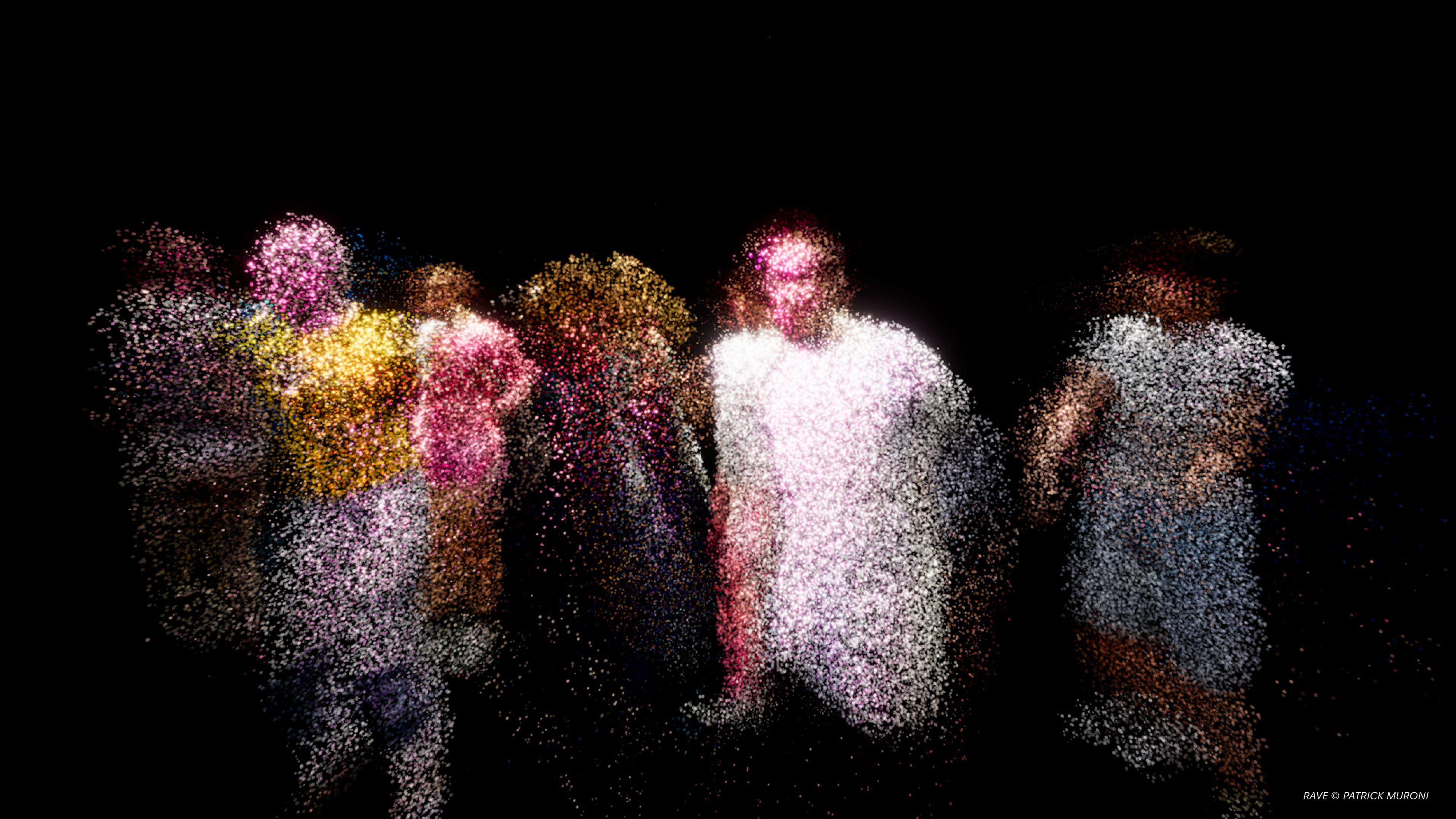
Contradictory attitudes towards animals highlighted in Zurich

A hank of hair, a piece of skull and a St. Hubertus needle are just three of the 150 or so items on display at an exhibition in Zurich showing how human attitudes towards animals are a complex mix of fear, reverence and need.
The hair belonged to the St. Bernard dog, Barry, who became a legend in the 19th century because of his success in saving the lives of people caught in avalanches in the Alps.
The piece of skull was cut from a living dog in an experiment to study the re-growth of tissue, while the St. Hubertus needle had its uses in earlier years as an instrument to treat the much-feared bites of rabid animals.
In different ways, animals have been revered, feared and exploited.
Eberhard Wolff, an anthropologist who organised the exhibition at the Medical History Museum of the University of Zurich, says the field of medicine is a particularly good example of man’s contradictory relationship to animals.
Wolff said man fears animals when they constitute a threat to his health; man exploits animals if they can contribute to his health; man also reveres animals for various achievements-animal or man-made.
Besides the strands of Barry’s hair, there are also clippings taken from Blossom, the vaccine cow and Dolly, the cloned sheep.
“The basic aim of the exhibition is to give an impression of the complexity of the subject,” said Wolff. “There’s a lot of emotion involved with all this debate going on in Switzerland on the legal status of animals and whether animals should be considered as a thing or a being.”
Wolff was referring to the discussion in the Senate on a motion on the status of animals. They are currently treated as objects under Swiss law.
People opposed to vivisection and animal experiments will not find much support for their positions at this exhibition.
Wolff says the exhibition doesn’t take a position on the rights or wrongs of such issues as animal experimentation. “To me it is quite important not to make any moral judgement. I think the subject is much too important to make premature moral judgements.”
“For example, the vaccine against smallpox was made possible by the exploitation of cows. So what’s better? Should we have protected the cows against suffering or should we have protected society against smallpox?”
by Paul Sufrin

In compliance with the JTI standards
More: SWI swissinfo.ch certified by the Journalism Trust Initiative



























You can find an overview of ongoing debates with our journalists here . Please join us!
If you want to start a conversation about a topic raised in this article or want to report factual errors, email us at english@swissinfo.ch.